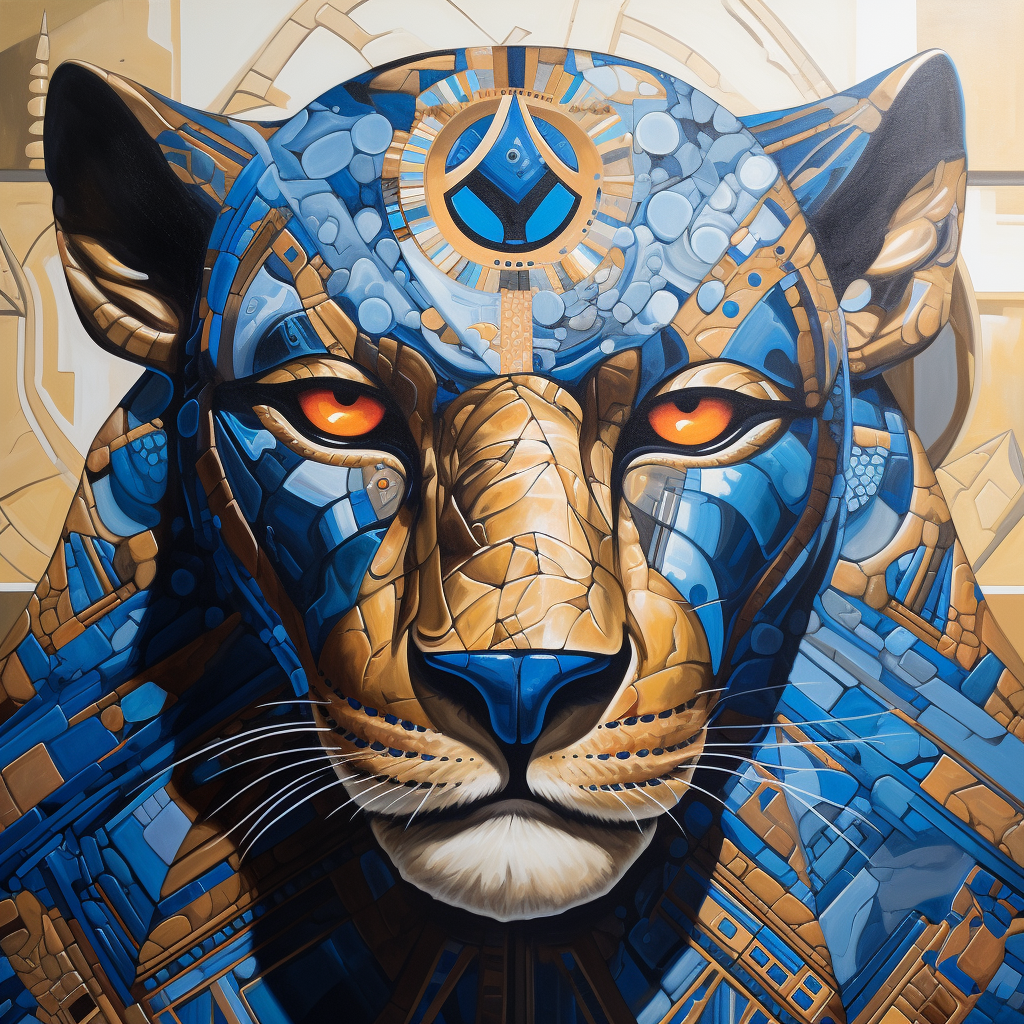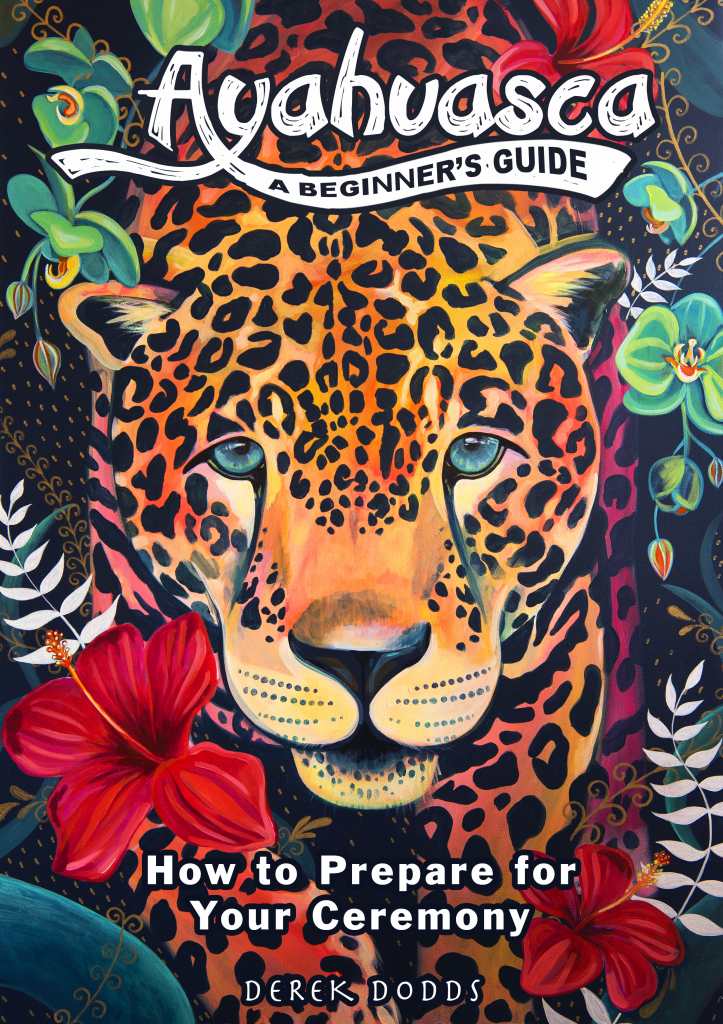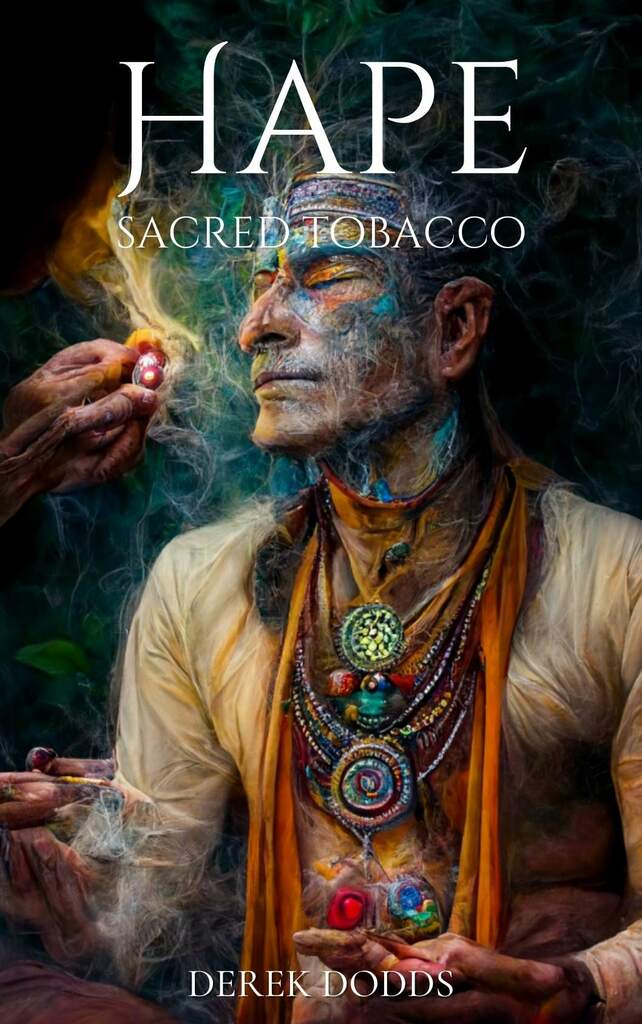What is the difference between imagination and illusion?
When I was a kid, my dad had a book by Carl Sagan with mesmerizing photographs of the universe. Opening the book, I would imagine floating among the stars and planets. This is my earliest memory of imagination. Sagan wrote, “Imagination will often carry us to worlds that never were. But without it, we go nowhere.” This article discusses the intersection between illusion and imagination.
Illusion is the “perception of something objectively existing in such a way as to cause misinterpretation of its actual nature.” Illusion is a byproduct of imagination, and we must guard against its destructive tentacles. We make the best decisions in life when misinterpretation is absent.
Imagination leads us to expanded vision and insight—but it can also lead us to illusion. Vivid imagery leads to questioning our reality. Often, those imaginings shape reality in unproductive and sometimes destructive ways.
The energy that appears in the wake of imagination is a clue to understanding what manifests—magic or illusion. Negative feelings and fear are the result of imagination gone rogue, linked to delusion and unhealthy aspects of pure Being. Foster the magic and leave the illusion.

Illusion vs Imagination
Imagination that sparks creativity, positive emotion, vision, and feelings of gratitude rest on the superpower side of imagination. This superpower requires practice, intentionality, courage, and a belief in our ability to imagine.
Our goal is to get to a place where we use imagination for creative expression that acts as a building block in our lives to live more freely and fully. Creativity, intuition, and flow are direct results of this energy. Nonetheless, we must diligently look out for the dark side of imagination and guard against sliding into delusion and its debilitating and destructive energies.
There is a subtle line between fiction for good and fiction that pulls energies toward an unhealthy expression of what could be. Keven Kelly, the founder of Wired Magazine, made a post titled 68 Bits of Unsolicited Advice that launches us into this discussion. He states, “Anything real begins with the fiction of what could be.”
Illusion & Imagination: At The Crossroad
We note the creative power of imagination and feel its potential; however, this fork in the imaginative road manifests in numerous ways. We could equally state that anything unreal begins with the fiction of what could be. Real and unreal thoughts are thus born in an equal womb of the imaginative mind.
Here, we glimpse the possible difference between imagination and illusion. Could one movement be intentional, even skillful, as Kelly points out, and the other unconscious—deeply rooted in—those aspects of ourselves that gravitate toward fear and insecurity? Often, our childhood trauma is responsible for the hidden layers that lead to delusion.
More is needed than fictional thoughts to get to the magical side of imagination. Kelly continues, “Imagination is, therefore, the most potent force in the universe and a skill you can improve at.” I think Carl Sagan would agree.
This juncture to avoid the dark side of imagination requires courage; it necessitates moving to the edge of the unknown while being mindful of our rogue imaginative minds. We can drop into our hearts if we are unsure which side of the juncture we are standing on. Our hearts always know the right direction.

Illusion & Imagination: Tame The Fear
We must tame fear and insecurities and embrace a willingness to move toward the unknown. Kelley edges us even further into the abyss, “It’s the one skill in life that benefits from ignoring what everyone else knows.”
This often requires us to ignore the known world around us and remove the crutches we lean against to help prop up what we and others believe. Could we use imagination as a portal to communicate with our souls? Rudolf Steiner suggests regarding imaginative knowledge as “the kind that arises through the soul’s supersensible state of consciousness.”
Creative imagination requires practice and intentionality. We enter a powerful vortex when we treat imagination as a learned skill. I put a 30-minute block on my weekly calendar to practice imagination. I also visit an imaginary place before sleeping—performing magic, flying, and talking with my guides in this sacred kingdom. It’s a beautiful way to anchor our minds in imaginary possibilities as we slide into REM sleep.
Let’s be intentional about imagination and mindful of where that energy might lead us astray. Let’s build a magical kingdom where we can speak with anyone and do anything. However, we should diligently avoid ‘the delusion trap‘ and learn to recognize the insightful whispers of our hearts. Read how Tony Robbins helped me break through my limiting beliefs at his UPW event.









0 Comment